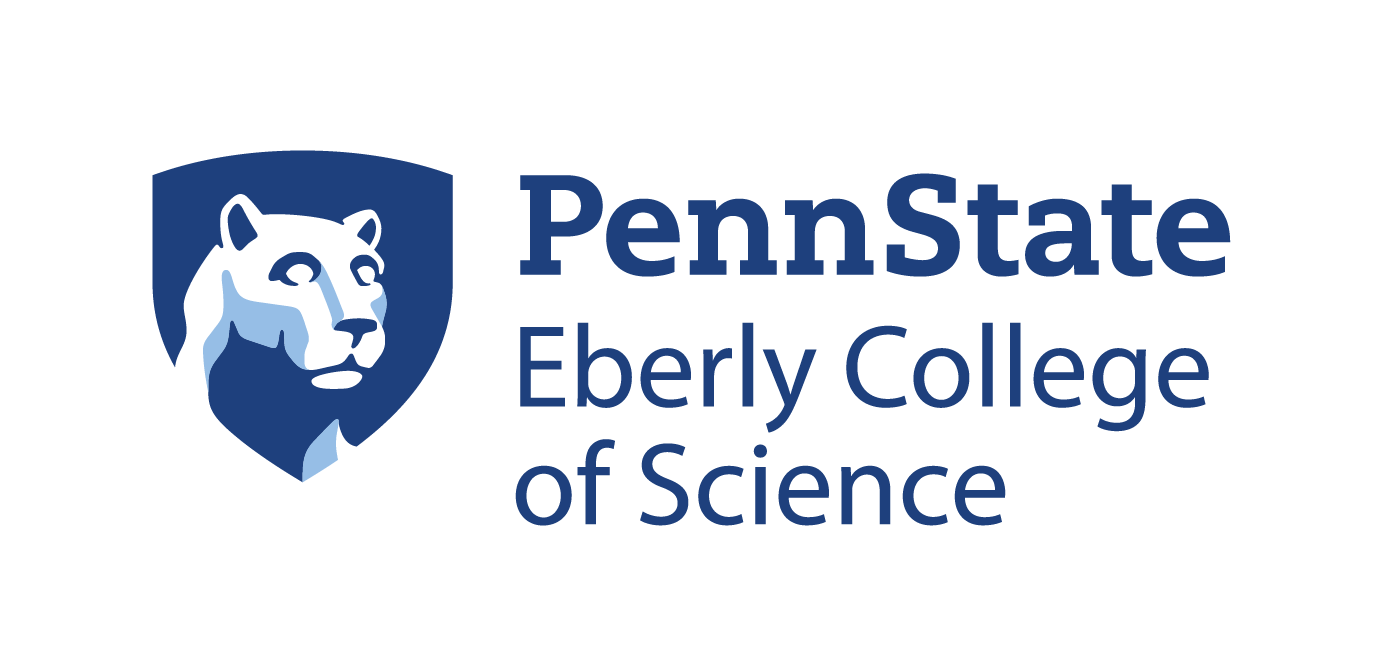Every year The Grove Center is proud to host a Fall and Spring series that provides enrichment and networking opportunities for faculty.
Spring 2025: Collectively Improving Our Science Teaching: Department-Wide EFForts in Scientific Teaching
March 26, 2025, 3:35 p.m.–4:35 p.m., 102 Thomas Building
Kimberly Tanner, Professor of Biology, San Francisco State University
Many efforts to improve science teaching in higher education focus on a few faculty members at an institution at a time, with limited published evidence on attempts to engage faculty across entire departments. We created a long-term, department-wide collaborative professional development program: Biology Faculty Explorations in Scientific Teaching (Biology FEST). Over three years of Biology FEST, 89 percent of the department’s faculty completed a weeklong scientific teaching institute, and 83 percent of eligible instructors participated in additional semester-long follow-up programs. A semester after institute completion, the majority of Biology FEST alumni reported adding active learning to their courses. These instructor self-reports were corroborated by audio analysis of classroom noise and surveys of biology course students on the frequency of active learning techniques used in classes taught by Biology FEST alumni and nonalumni. Three years after Biology FEST launched, faculty participants overwhelmingly reported that their teaching was positively affected. Unexpectedly, most respondents also believed that they had improved relationships with departmental colleagues and felt a greater sense of belonging to the department. Overall, our results indicate that biology department-wide collaborative efforts to develop scientific teaching skills can indeed attract large numbers of faculty, spark widespread change in teaching practices, and improve departmental relations.
Fall 2024: Exciting Growth in the Math Learning Assistant Program
The Grove Center Fall Lecture, “The Growth and Impact of the Math LA Program at Penn State,” held on November 14, 2024, highlighted the remarkable growth of the Department of Mathematics’ Learning Assistant (LA) Program. Over the past six years, the program has expanded from five faculty and 15 LAs supporting 675 students to 54 faculty and 126 LAs across 11 courses, reaching nearly 7,000 students. Discover more about the program’s expansion, student success, and future research plans in our detailed article on the Center for Teaching and Learning website.
The Remarkable Growth and Future of Penn State’s Math Learning Assistant (LA) Program
The Grove Center Fall Lecture, “The Growth and Impact of the Math LA Program at Penn State,” held on November 14, 2024, showcased the significant expansion and future plans of the Math Learning Assistant (LA) Program at Penn State.
Program Growth
Since its inception in Fall 2018, the Math LA Program has seen substantial growth:
- Faculty involvement: Increased from five to fifty-four faculty members.
- Learning assistants: Expanded from fifteen to one-hundred and twenty-six LAs.
- Courses supported: Grew from two to eleven courses, including foundational courses like Math 22 and advanced courses, like Math 231.
- Student reach: The number of students with access to LAs has increased from 675 to nearly 7,000.
Evening LA Sessions
A new model for evening LA sessions was introduced in Fall 2023, featuring multiple sessions per week for each course. This structure has significantly boosted attendance, with average weekly attendance rising from 1,026 in Fall 2023 to 2,030 in Fall 2024.
Pedagogy Course Redesign
The SC 220 pedagogy course, essential for training new Math LAs, has been redesigned to foster a sense of community and enhance teaching effectiveness. The course covers themes such as active learning, productive struggle, and metacognition, and is co-taught by Math LA Program coordinators.
Future Research
The next phase of the Math LA Program involves conducting research to assess its impact on student learning and success. This research will provide valuable insights into the effectiveness of the program and guide future improvements.






